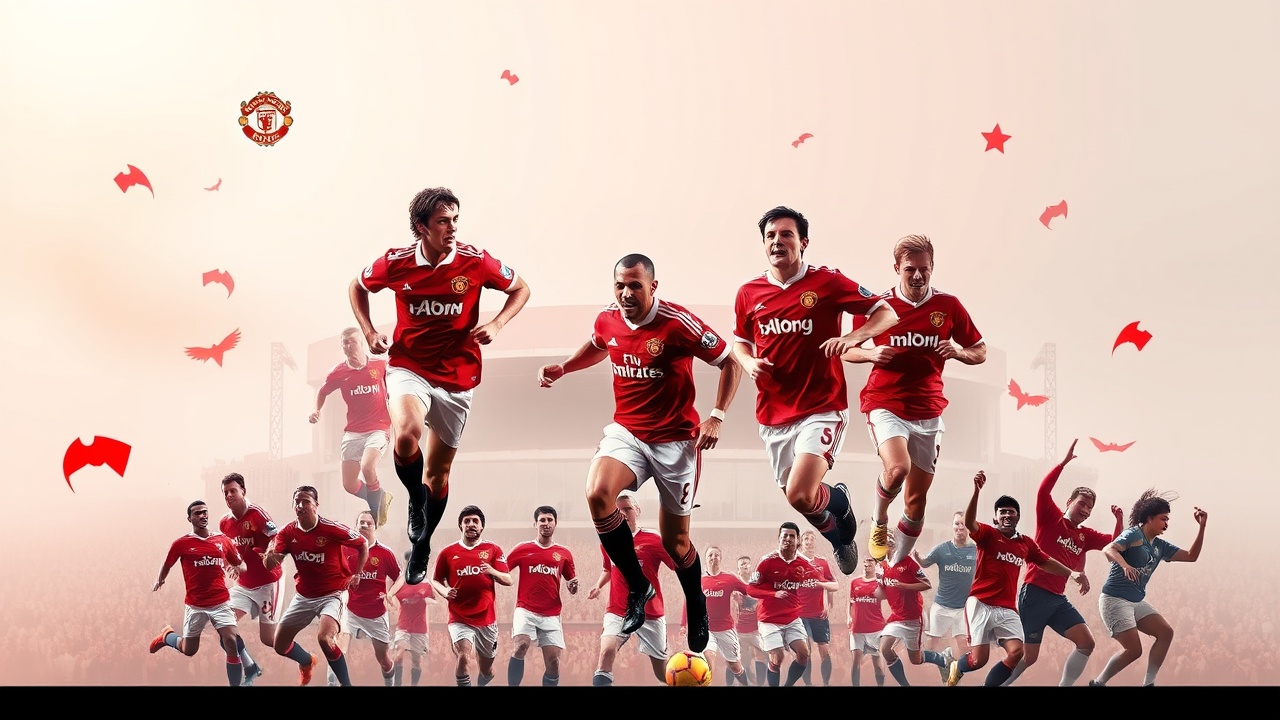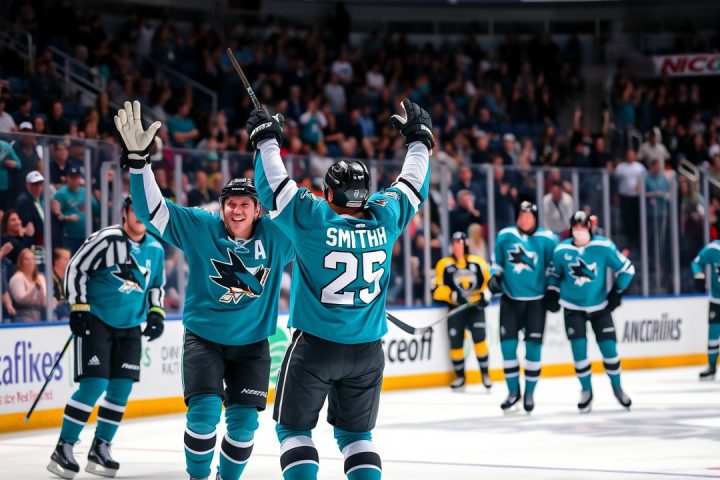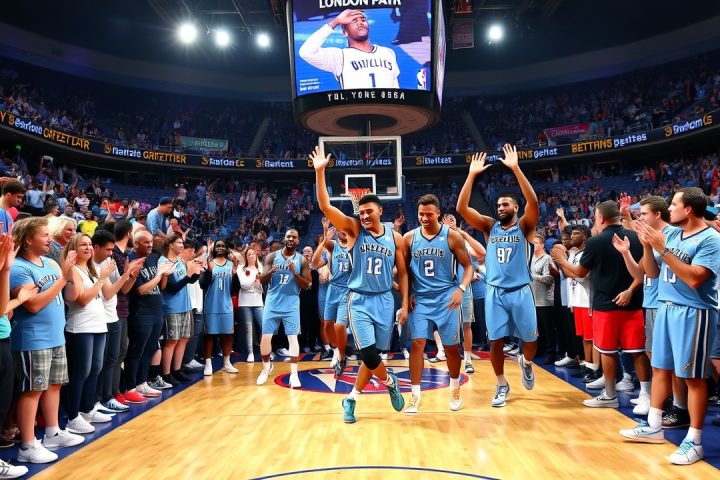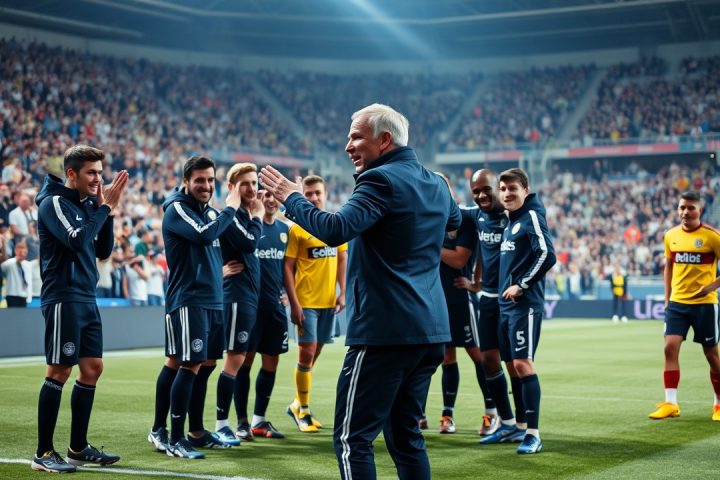Introduction
In 1991, Shaun Ryder, the frontman of the Happy Mondays, found himself performing at Elland Road in Leeds, a setting rife with tension due to the fierce rivalry between Manchester United and Leeds United. At that time, tensions were high as United fans faced hostilities in Leeds, yet here was Ryder, a die-hard Man United supporter, taking center stage alongside fellow Manchester bands in front of a raucous crowd of 25,000.
Audience Interaction
Ryder’s initial interaction with the audience showcased his awareness of local banter when he provocatively shouted,
“Are you Man U? Are you f***ing Man U?”
The term “Man U” resonated deeply with the locals, particularly when identifying rival fans, generating a mix of laughter and engagement from the crowd. However, amidst this celebration, one attendee made headlines by climbing a 260-foot floodlight and refusing to descend as the beat of Loose Fit reverberated through the air.
The Complicated History of “Man U”
Interestingly, the phrase “Man U” has a complicated history among fan vernacular. Although commonly used in the 1990s to describe Manchester United’s success, it often held a derogatory connotation, particularly among die-hard fans who preferred to distance themselves from what they perceived as a term of disrespect. The term was especially favored by those from neighboring and rival areas, like London and Newcastle, as they often used it more liberally than United fans themselves.
In contrast, true supporters may opt for nicknames such as The Reds, MUFC, or simply United – although this last term can ruffle feathers among fans of other clubs with similar names. In areas outside of Manchester like Leeds, the homegrown clubs often steal the spotlight, prompting locals to refer to these teams as simply United.
Pronunciation and Fandom
The way fans pronounce the club’s name also carries significant weight. For example, one supporter, Neil Meehan, highlights the emphasis he places on syllables when chanting, suggesting that how one articulates the name can determine their level of fandom. Other fans, like James Young, point out that being a United supporter often demands justifying one’s allegiance, especially in a sea of rival teams.
The playful banter among supporters has led to unique phrases, such as “Man Yoo-ing” to refer to attending a United match, often shared in jest. Fans are known for their humor, using the term in lighthearted contexts to announce their attendance at games without taking themselves too seriously.
International Recognition
Furthermore, across Europe, particularly in Spain, Manchester United is often simply referred to as “Manchester”, whereas rival club Manchester City takes on the name “El City.” Instances where tickets are simply labeled “Manchester” are not uncommon in other countries, showcasing how the club has been recognized internationally.
Affectionate and Derogatory Nicknames
While affectionate nicknames for players like the Busby Babes have emerged over the years through media, they haven’t necessarily found their way into everyday conversation among fans. On the flip side, rival supporters utilize derogatory terms for United, ranging from juvenile taunts like “Manure” to more offensive slurs that are deeply rooted in history, such as references to the Munich air disaster.
Recently, the publication of a book titled “Munichs” by author David Peace, stirred controversy within the United fan community. While Peace suggested that fans might reclaim the term in a similar fashion to other marginalized groups, many within the fandom found this perspective unappealing and disrespectful, marking an ongoing discourse about the delicate balance between history and modern-day fandom.
Global Perspectives
Fans in Germany also contribute to the discourse about the club’s identity, often using the term “Man U.” However, misunderstandings continue to arise, with some believing it to be an offensive term, which it is not. The mispronunciation of the name, particularly in reference to the German language’s approach to English sounds, has contributed to a variety of nicknames that often perplex supporters.
Club Origins
As for the origins of the club, Manchester United traces its roots back to 1878 as Newton Heath Lancashire and Yorkshire Railway Cricket & Football Club. In 1902, the name was officially changed to Manchester United, a title that remains effortlessly clear and universally recognized, unlike the many variations of “United” that echo through the stands today.




